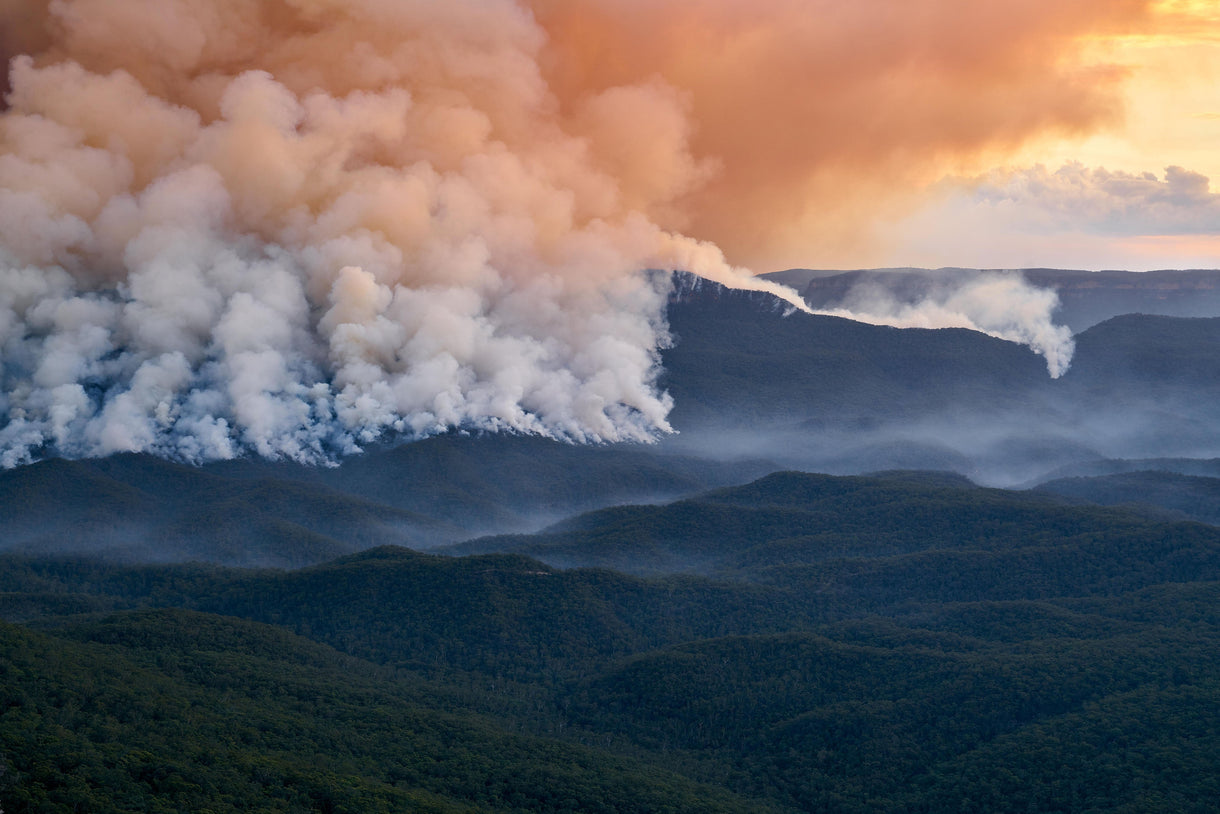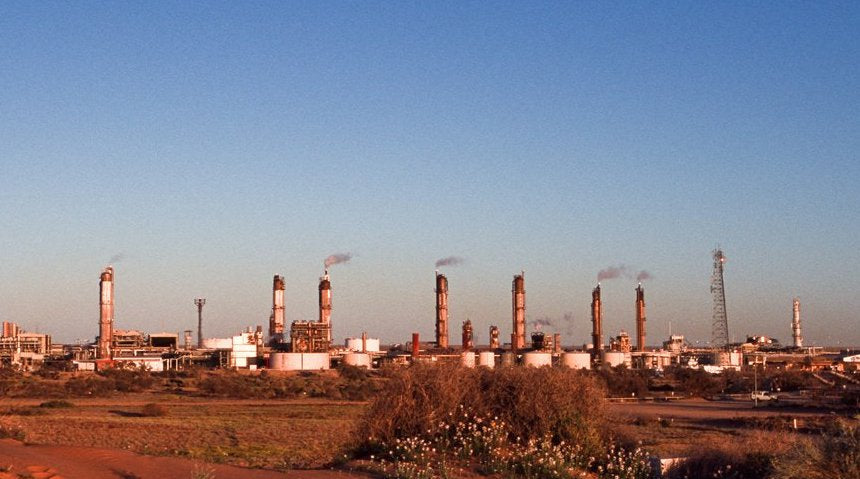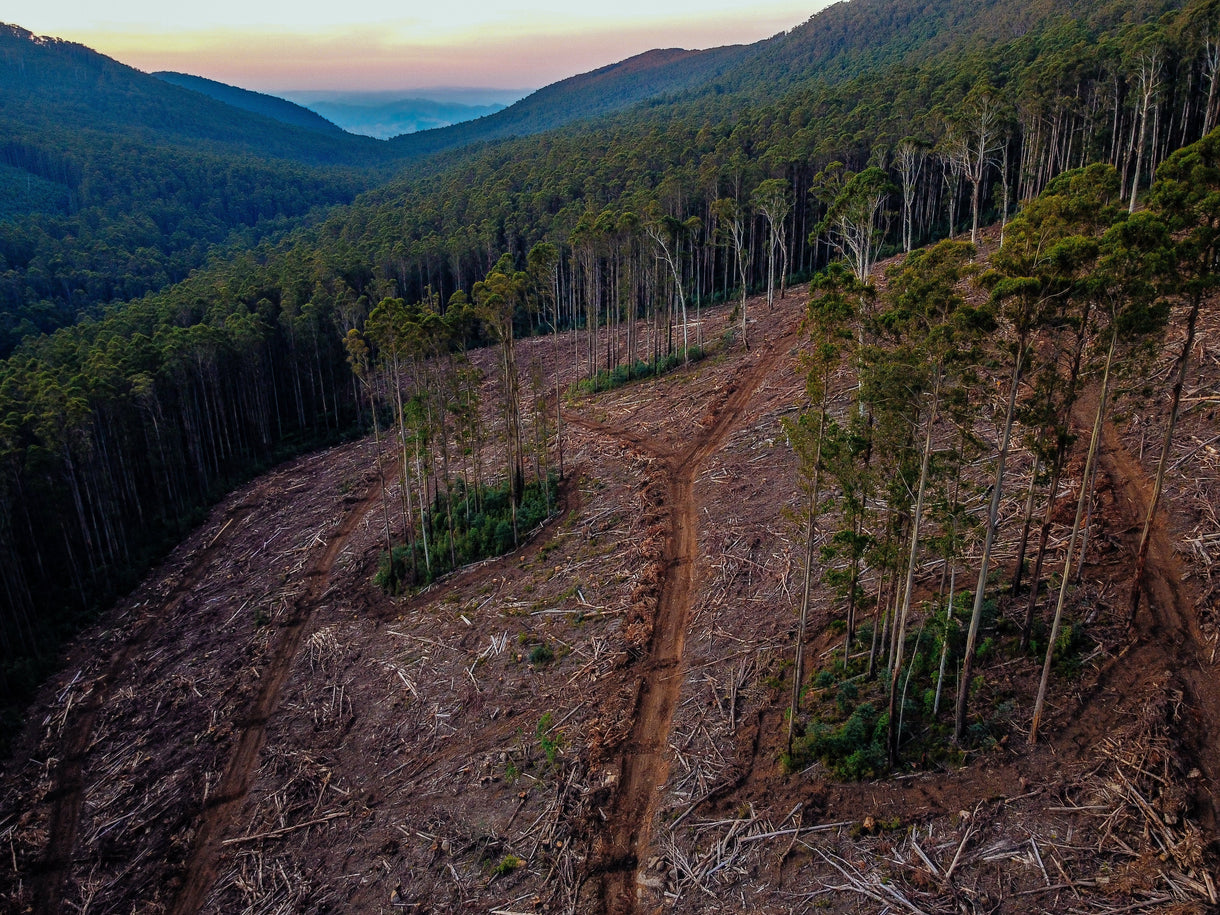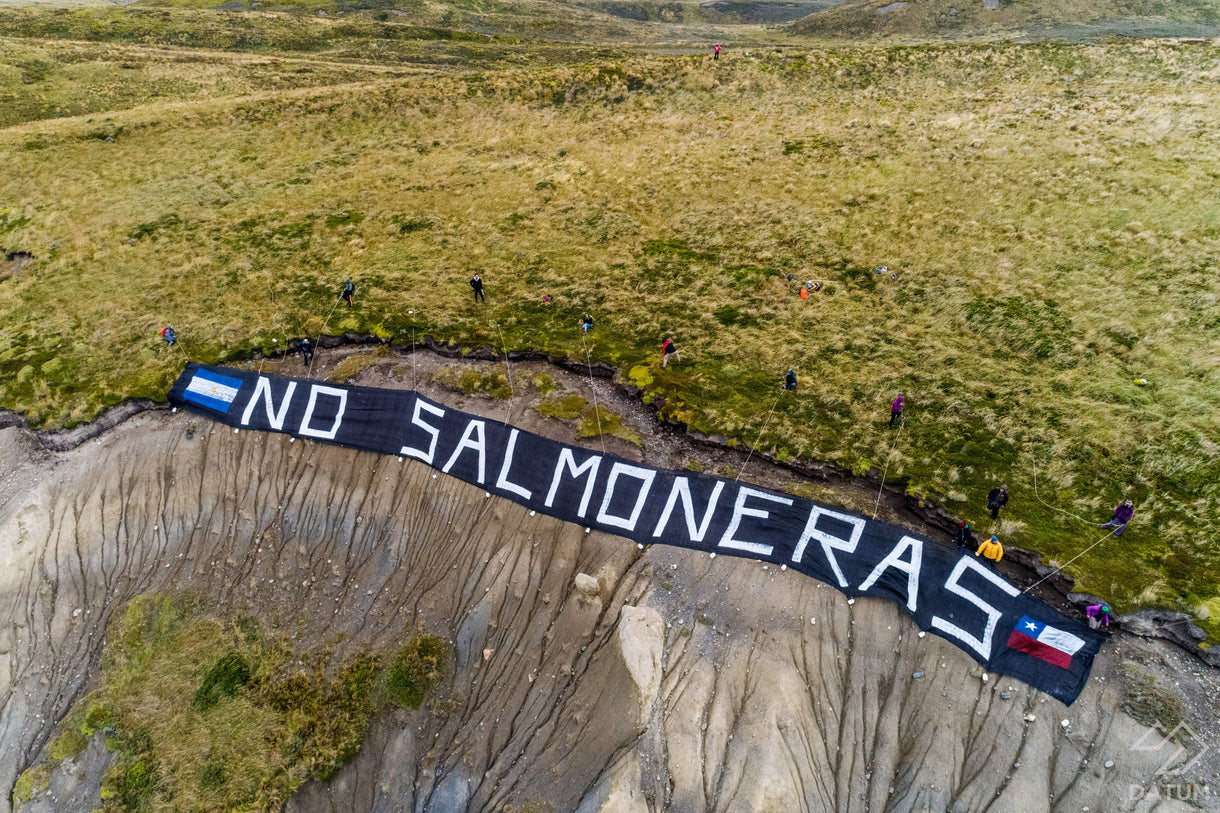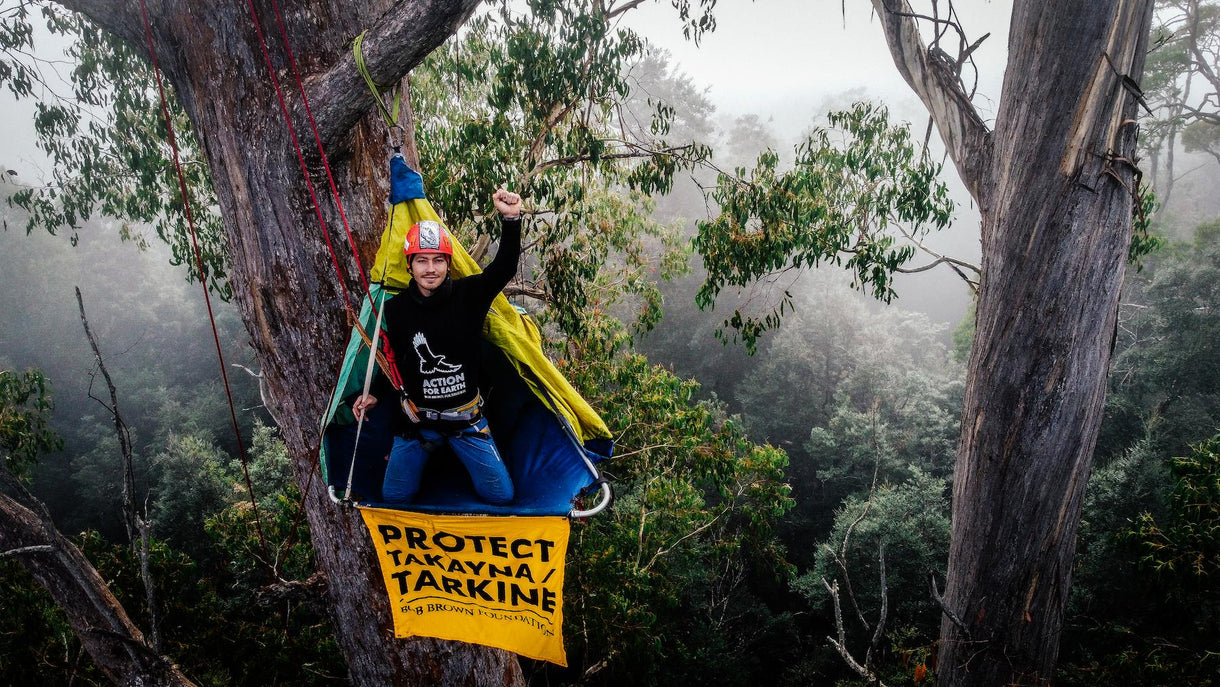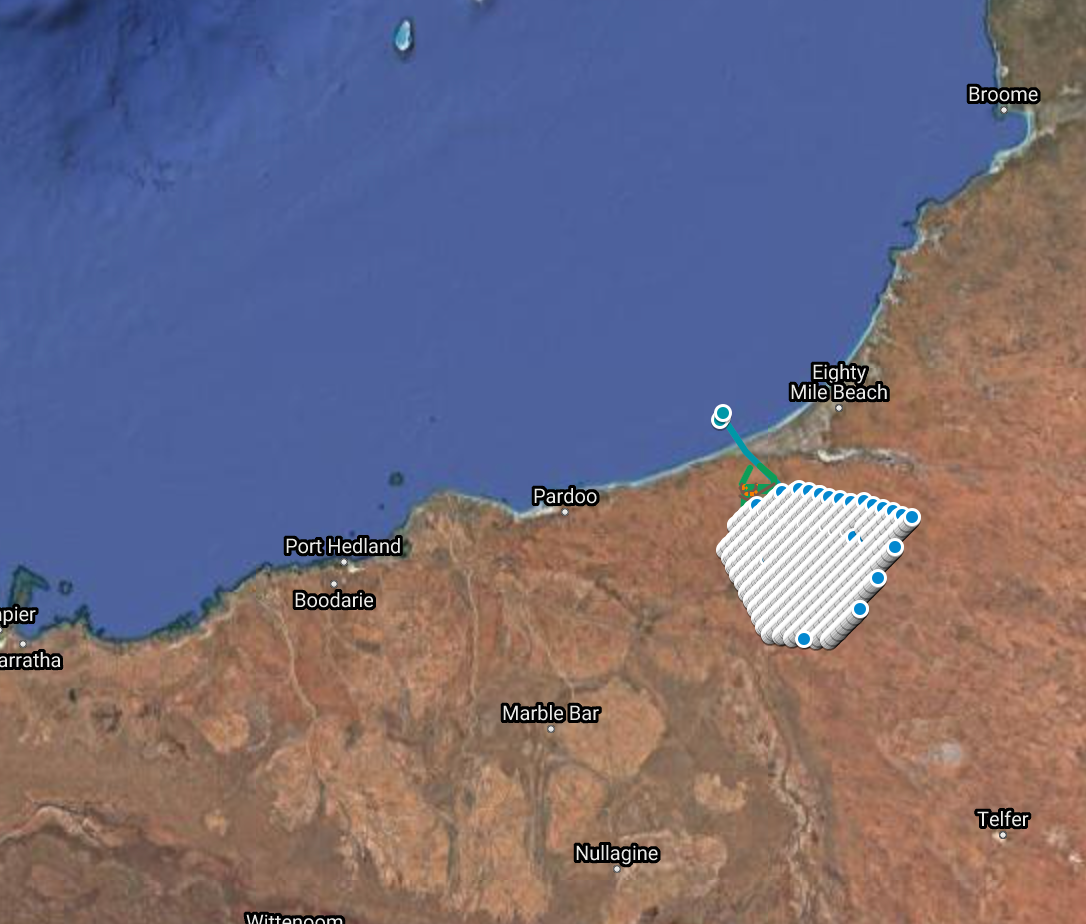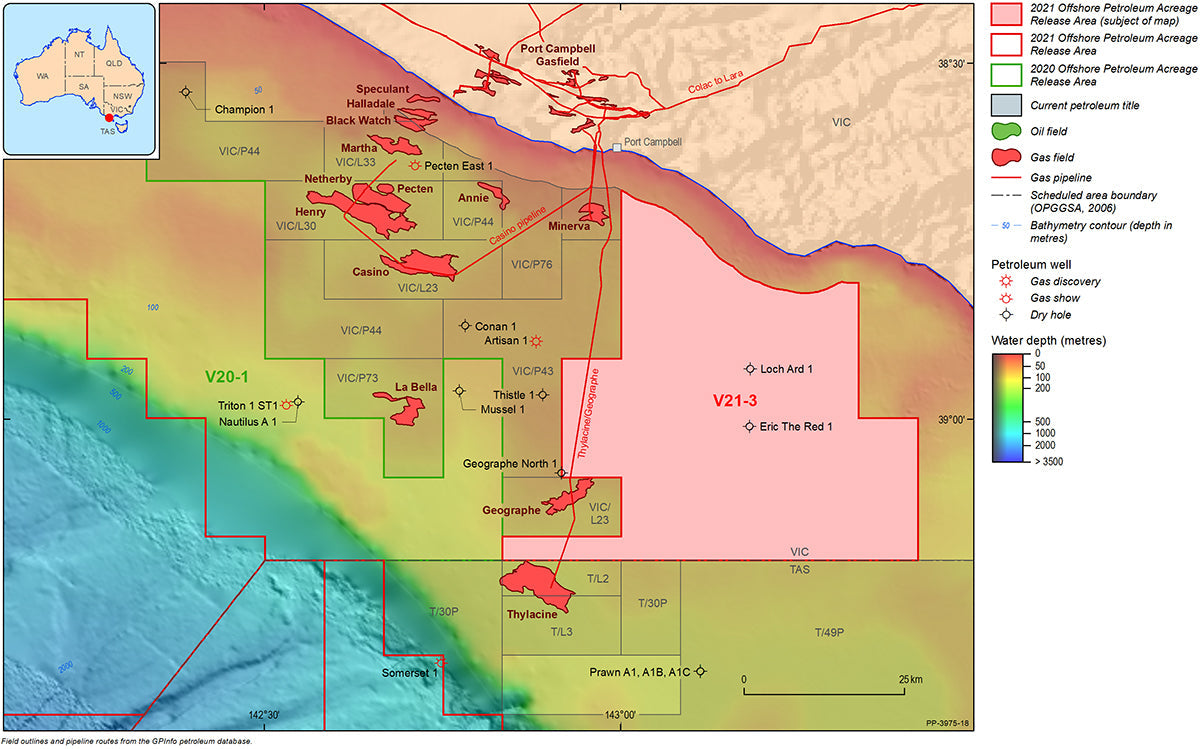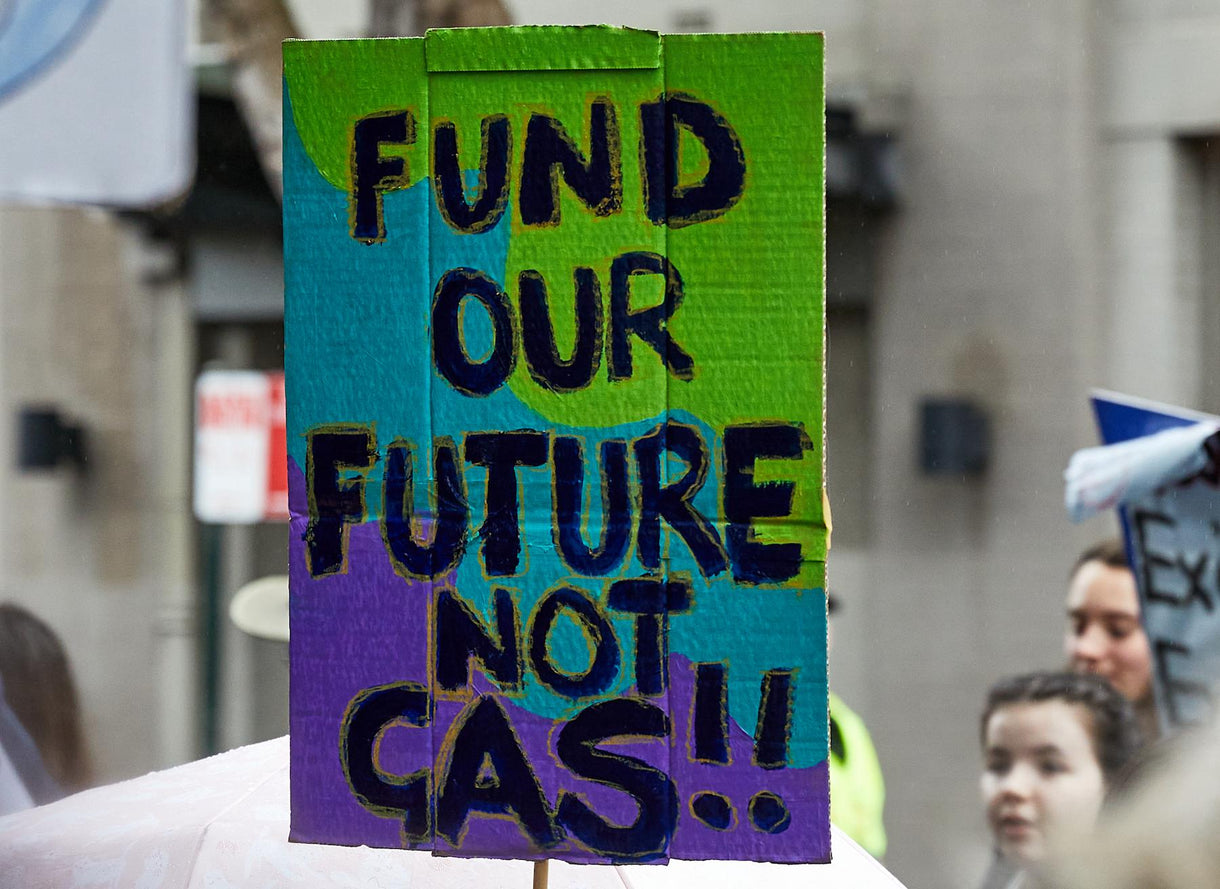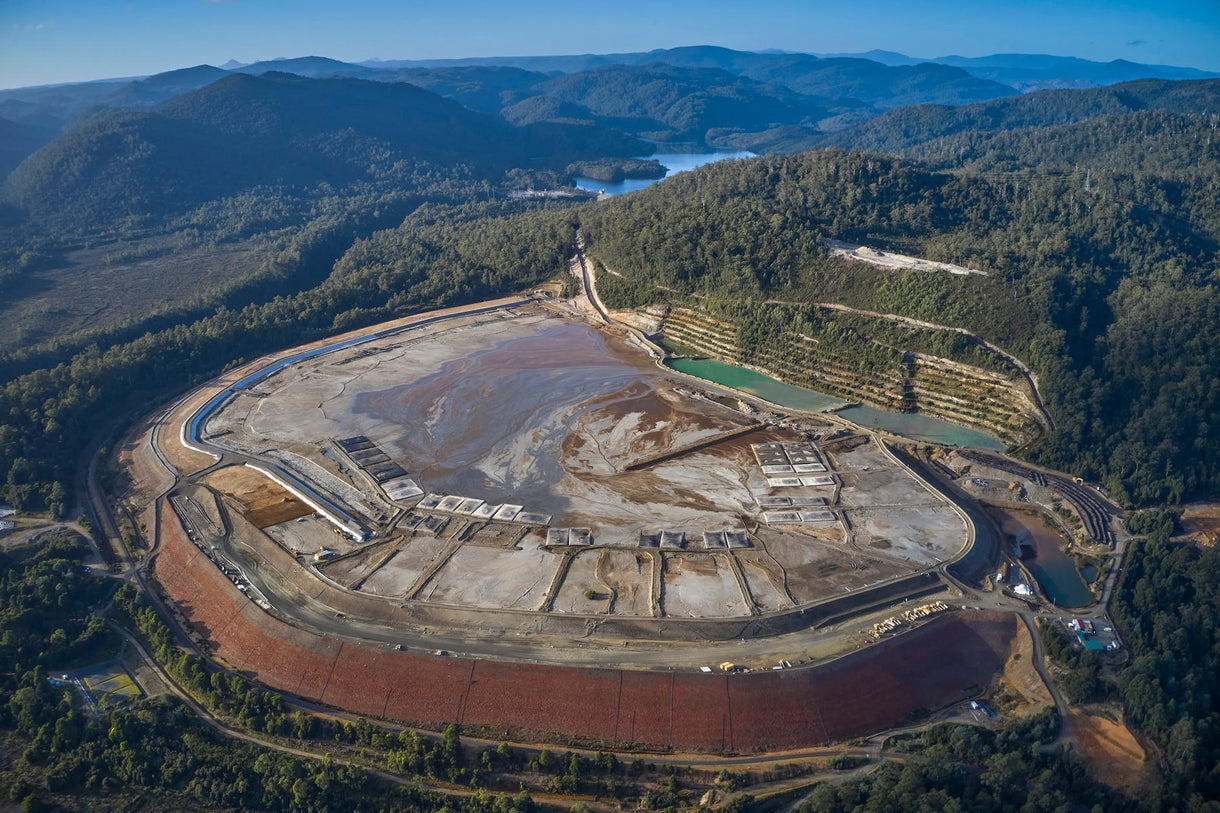The ground has shifted. A remarkable confluence of events in courtrooms and boardrooms, on either side of the Atlantic and within a few hours of each other, has heralded a long overdue reckoning for fossil fuel giants right around the world.
It started on May 26, when a Dutch court ruled that Royal Dutch Shell had to cut its total carbon emissions 45% by 2030. The energy giant has its global headquarters in Holland, but the ruling applies to emissions generated by burning its products wherever they are generated, anywhere in the world. That reduction in emissions equates to a million barrels of oil a day.
The Dutch court ruling was that day followed by a shareholders meeting in the US, where 61% of Chevron shareholders voted to demand the company cut Scope 3 emissions – produced by Chevron’s customers using their products. Fossil fuel giants the world over have long contended they are not responsible for pollution and emissions created once they have on sold their products to consumers. Chevron shareholders spoke clearly: those emissions belong to Chevron.
Finally, also in a tumultuous shareholder meeting, a small activist hedge fund by the name of Engine No. 1 managed to have two climate activists elected to the board of energy giant Exxon. Blackrock, the world’s largest asset manager, is believed to have supported the appointments.
“…a crushing day for Big Oil”
Any single one of these developments would have been hugely significant for a fossil fuel major. Together, they sent an unambiguous message to them all; stop talking about climate action and start doing something about it.
Climate guru Bill McKibben was watching on as the day progressed and described it as “a crushing day for Big Oil.” He later summed up the significance of the day’s events in the New Yorker this way: “Instead, it’s clear that the arguments that many have been making for a decade have sunk in at the highest levels: there is no actual way to evade the inexorable mathematics of climate change. If you want to keep the temperature low enough that civilisation will survive, you have to keep coal and oil and gas in the ground. That sounded radical a decade ago. Now it sounds like the law.”
What all this means for Australia? It means that inevitably, the fossil fuel giants who’ve long held sway here for a hundred years, influencing energy policy, actively blocking climate action and continuing to fast-track new hydrocarbon reserves, have the clock ticking on them. Every new fossil fuel project will be challenged in some way, if not in parliament or on the street, then in the courts or in shareholder meetings.
“There is no actual way to evade the inexorable mathematics of climate change”
Interestingly, in the same week that the ground moved under the feet of Big Oil and Gas elsewhere in the world, the Federal Court here in Australia ruled in favour of eight high school students and an 86-year-old nun, who’d argued the Federal Environment Minister, when approving an expansion to a coalmine, has a duty of care not to allow harm to be caused to young people as a result of climate change.
Banner image – Milieudefensie (the Dutch arm of the Friends of the Earth) director Donald Pols celebrates the court ruling against Shell in The Hague, Netherlands, May 26. Photo: Bart Hoogveld, courtesy of Milieudefensie.

























































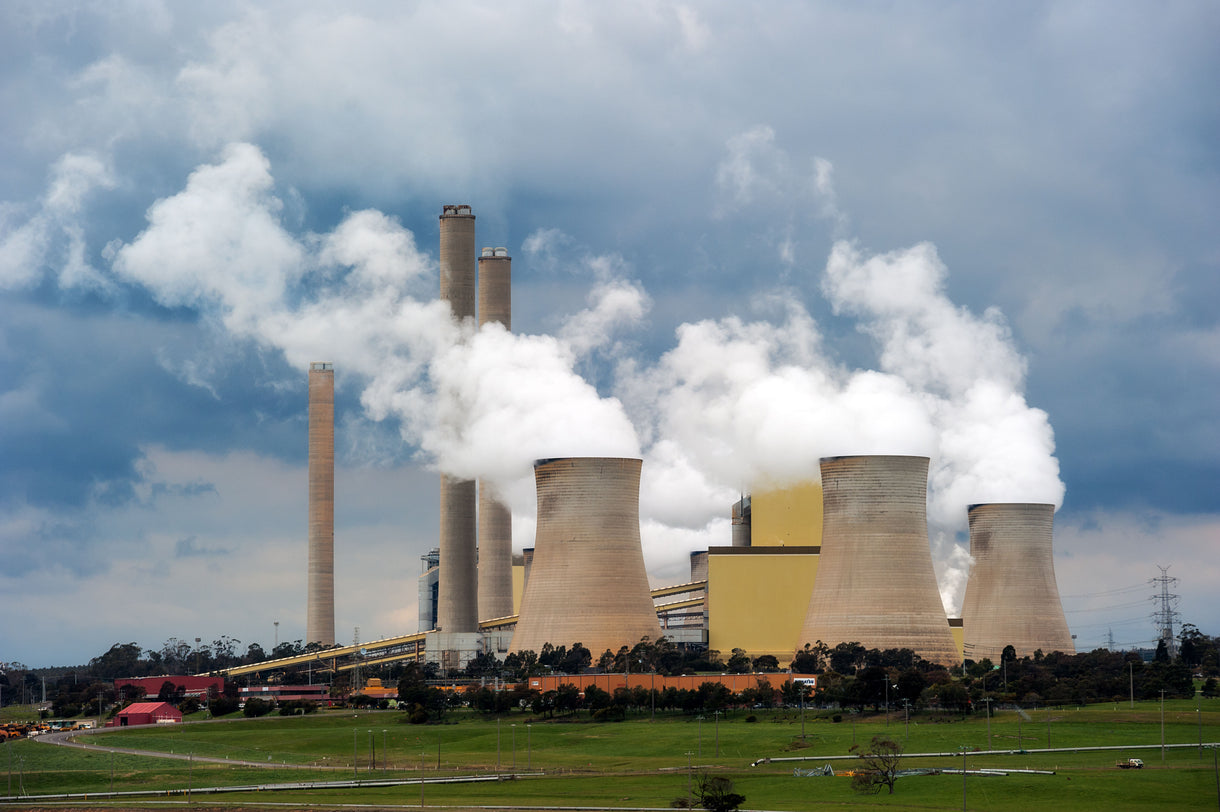





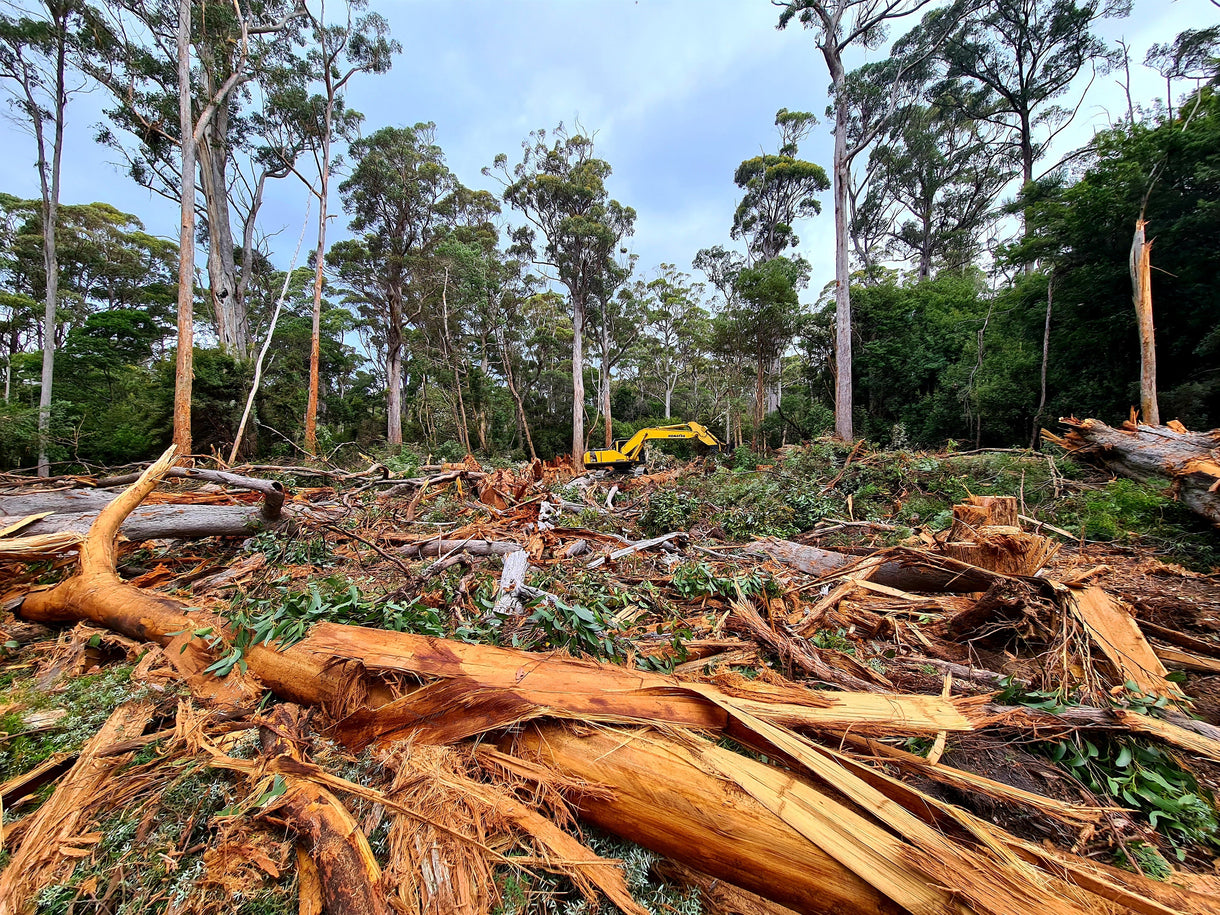
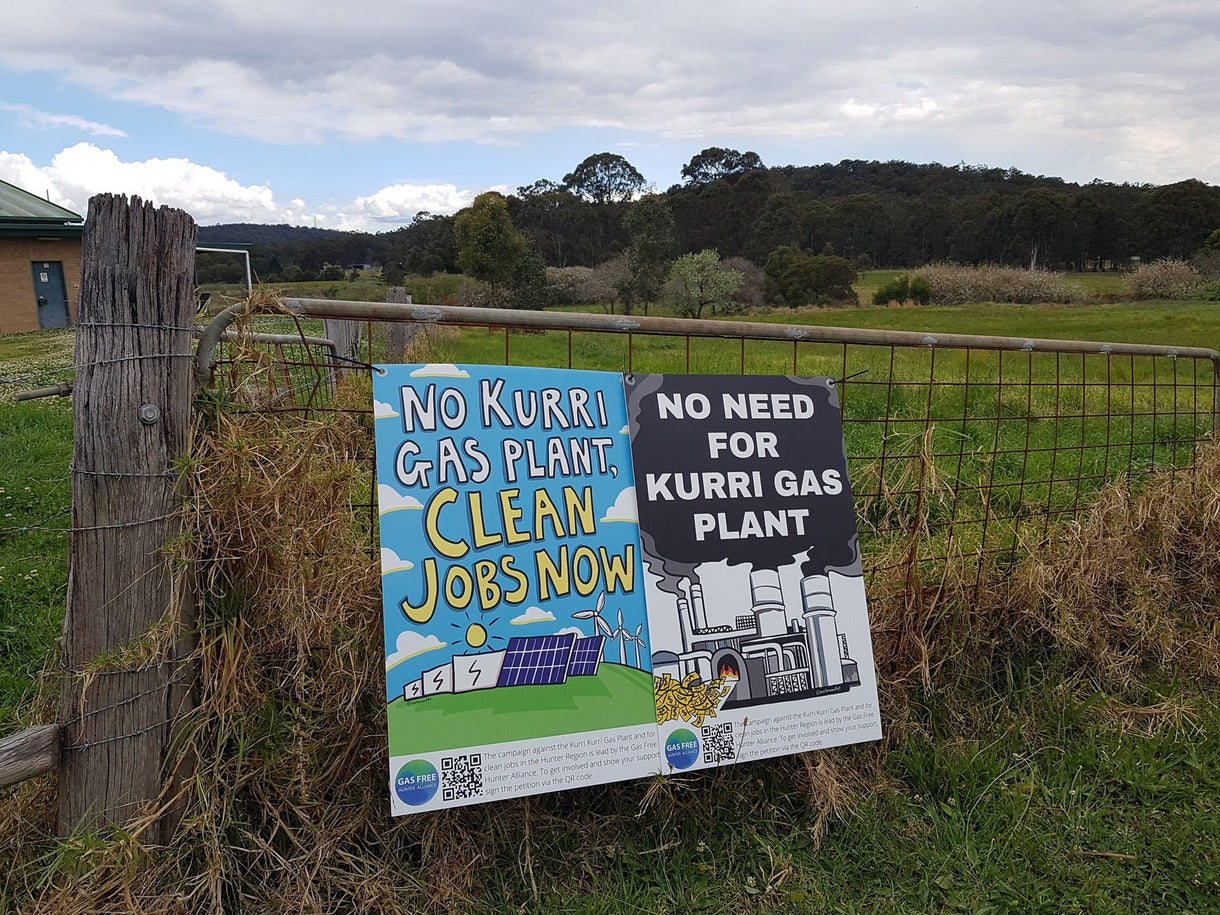

![Today was a huge victory for coastal communities between Sydney and Newcastle. [Front] Damien Cole, Belinda Baggs, Drew McPherson and Asha Niddrie. Photo Zoe Strapp](http://www.patagonia.com.au/cdn/shop/articles/strapp_z_AUS_000142_b147f38f-4f28-4e66-a3ea-89fccd422484_1220x.jpg?v=1650419749)



